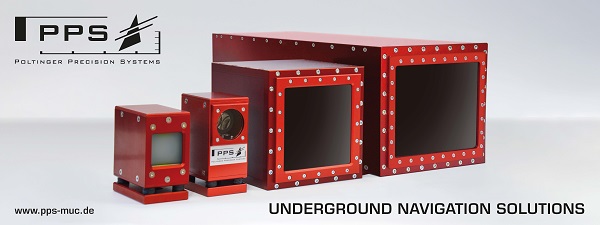Washington Metro issues RFP for Yellow Line tunnel, bridge project
Washington Metropolitan Area Transit Authority (WMATA) is seeking proposals to fast-track Yellow Line Bridge and tunnel rehabilitation project.
Metro is preparing for a major capital project that will rehabilitate the Yellow Line Bridge spanning the Potomac River and repair the steel lined tunnels between Pentagon and L’Enfant Plaza stations, both of which date to original construction more than 40 years ago. In an effort to address this critical need, Metro is streamlining the design and construction to save time and money.
In a request for proposals issued this month, Metro is seeking a Construction Manager at Risk (CMAR) that will coordinate with Metro during the design process and provide a guaranteed price for construction. This enables the contractor to evaluate construction feasibility, provide value engineering and propose cost-effective alternatives in the design phase, providing more flexibility and cost-controls.
This is Metro’s first project using CMAR, a method widely used for large-scale infrastructure projects. The design, pre-construction work and pricing happen concurrently to improve project delivery and schedule. Waiting for the design process to be completed before awarding the construction contract would add up to a year to the project timeline.
“Metro is investing in an aggressive capital campaign to rehabilitate and repair elevated structures, and the Yellow Line Bridge is the top structural priority providing the region with a vital transportation link across the Potomac,” said Metro’s Executive Vice President of Capital Program Delivery, Laura K. Mason. “Advancing this project quickly is good for our customers, and will allow Metro to utilize this process on future projects to more quickly address critical safety needs of other elevated structures.”
Metro has 148 elevated structures throughout the system, including elevated rail stations and tracks, and has identified 31 in need of rehabilitation or repair.
The Yellow Line bridge and tunnel project is critical to maintain safe, reliable service for customers. The bridge, constructed in the 1970s and supported by box-girder spans and piers, is now showing excessive wear and corrosion. Meanwhile, decades of water infiltration and underground moisture have eroded the steel-lined tunnels, subjecting the liner plates to stray current. Metro continues to perform ongoing maintenance and leak mitigation; however, long-term repairs are necessary now to avoid structural failure in the future.
The work also includes upgrading the fire suppression system on the 3000-foot bridge, which is beyond its useful life, and remediation work in tunnels throughout the system to repair cracks and additional water infiltration.
Metro expects construction to begin in fall 2022 with completion by the end of the year. Additional details on the project timeline and impacts to service will be provided at a later date.
Additional information is available for interested parties under Metro’s procurement opportunities at wmata.com/business. Proposals are due April 7 at 2:00 p.m.
About Metro’s Capital Improvement Program
Metro is investing in system safety, reliability and the region's economy through its 10-year, $15 billion Capital Improvement Program. For the first time in Metro's history, the capital program is bolstered by dedicated funding from Maryland, Virginia, and the District of Columbia. The capital program will improve the customer experience and keep the region's infrastructure in a state of good repair by investing in new railcars and buses, improving stations and platforms, upgrading fire-suppression and emergency response systems, replacing and repairing tracks, tunnels, bridges, signals, and communications systems, rebuilding decades-old bus garages and providing modern customer amenities such as passenger information systems. In spending local taxpayer dollars for capital projects, Metro is seeking to reinvest in our hometown economy, creating jobs and encouraging participation from disadvantaged, minority-owned, and small businesses in the region.
cover tunnel photo by: Matt Brown from London, England / CC BY
Copyright 2019-2024 TunnelContact.com









https://wmata.com/about/news/Metro-seeking-proposals-to-fast-track-Yellow-Line-Bridge-and-tunnel-rehabilitation-project.cfm
Metro seeking proposals to fast-track Yellow Line Bridge and tunnel rehabilitation project | WMATA
wmata.com